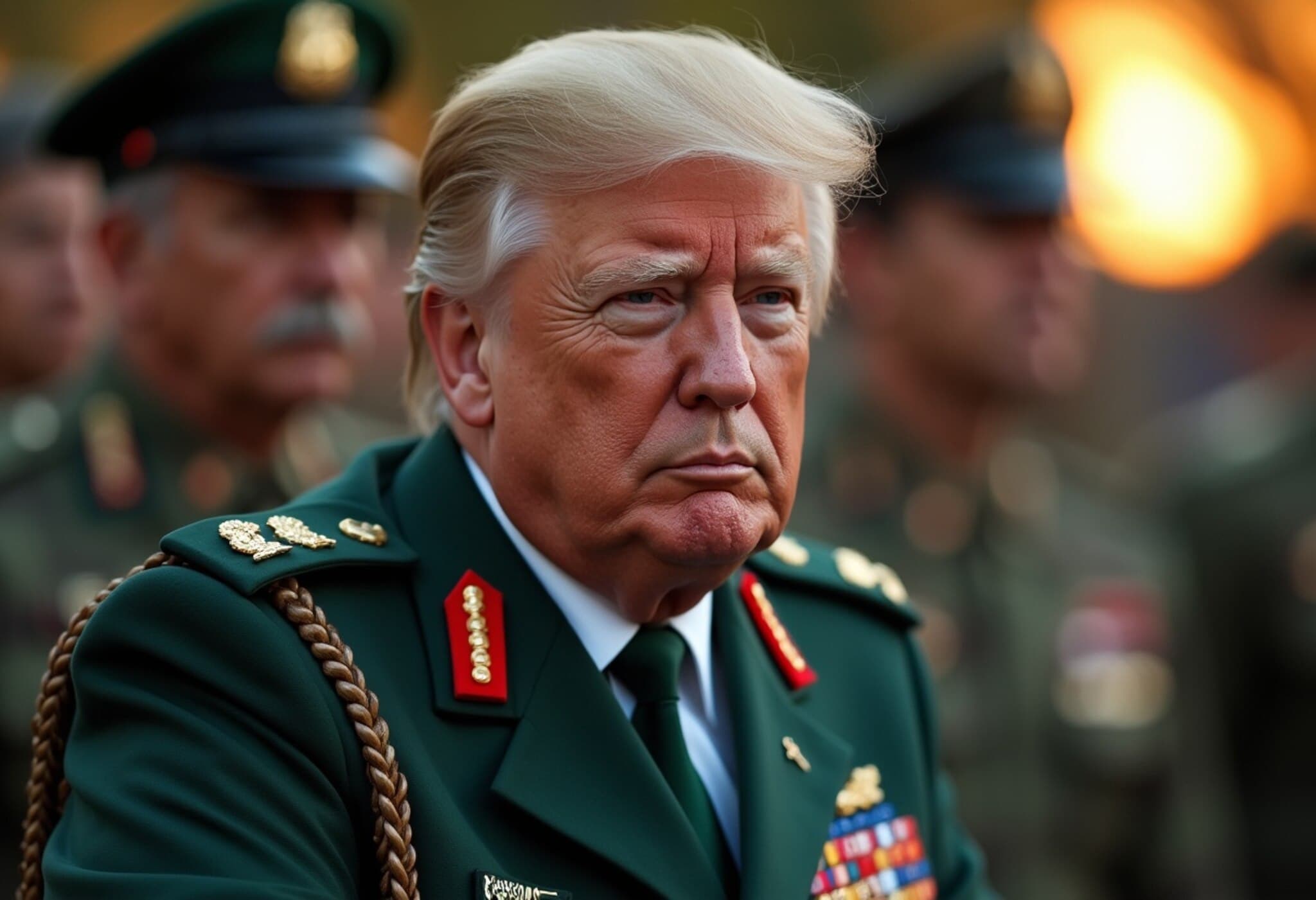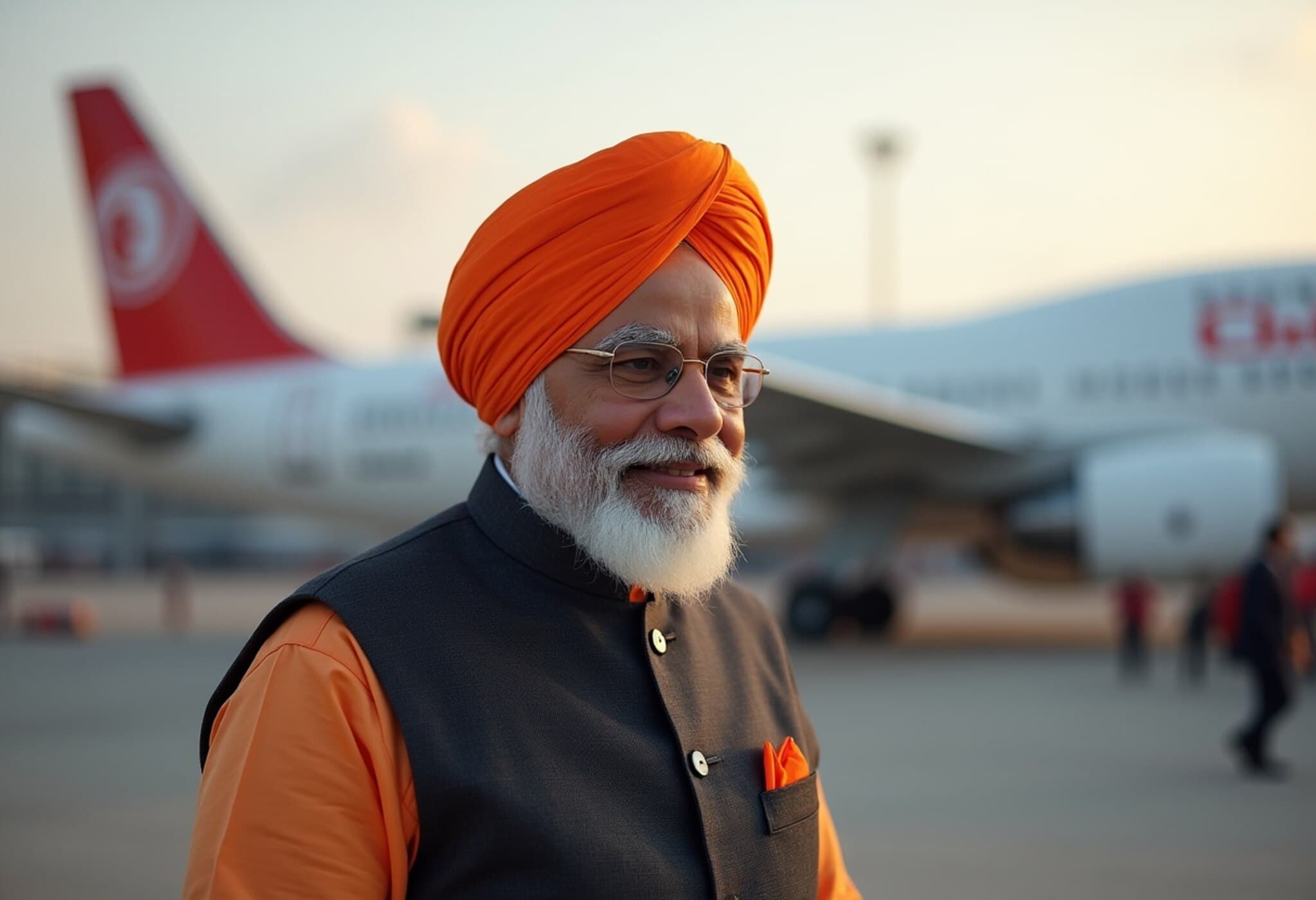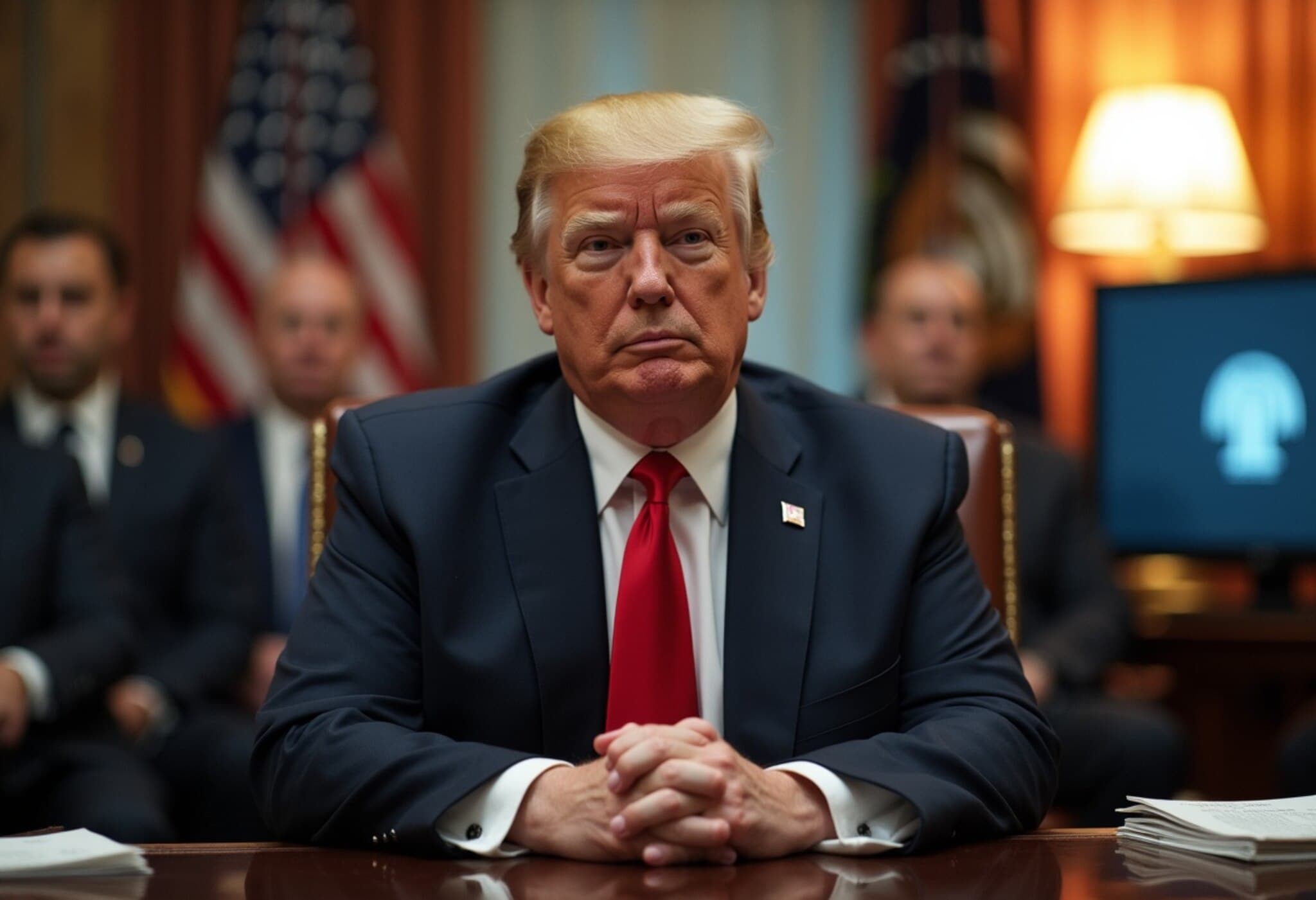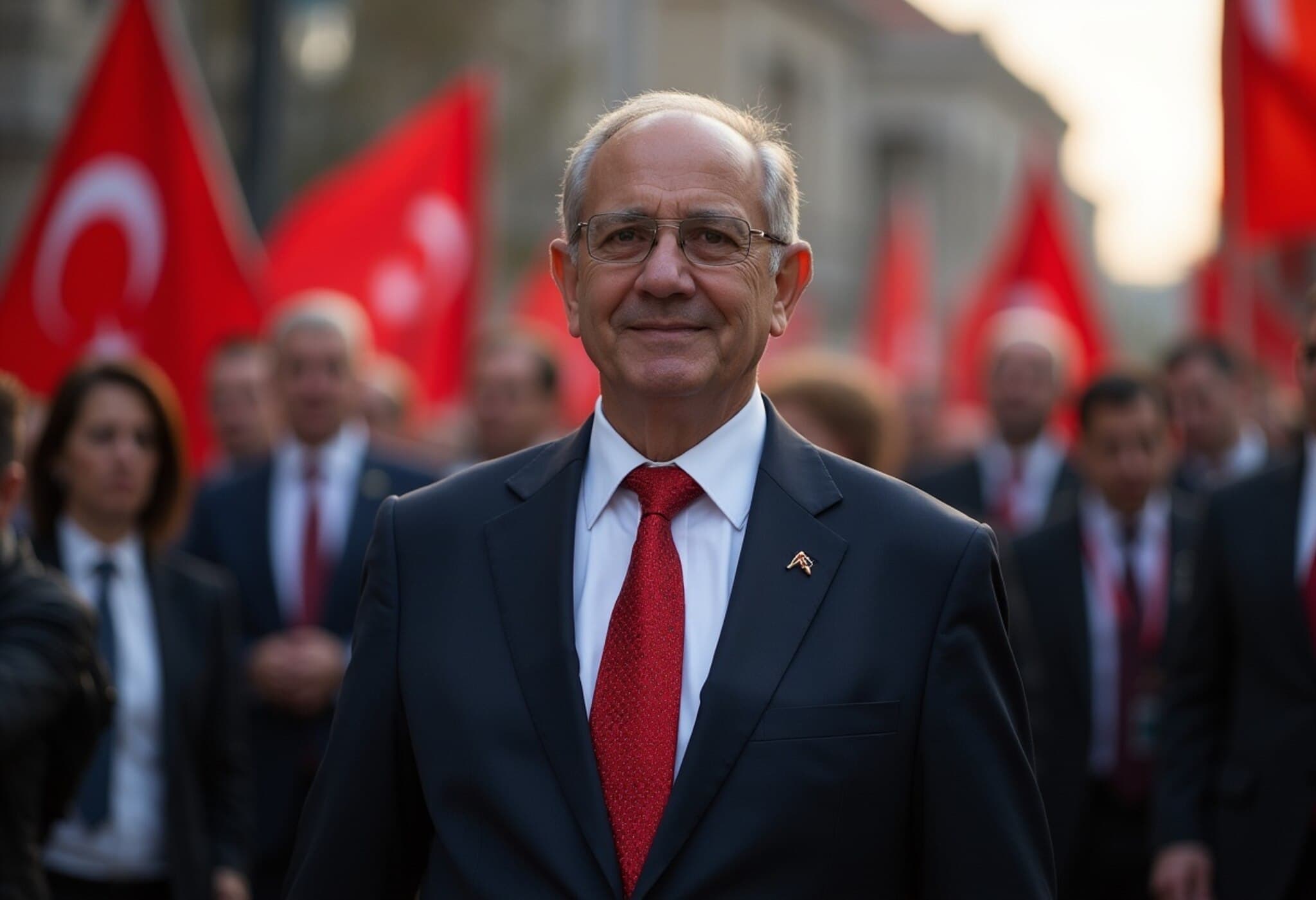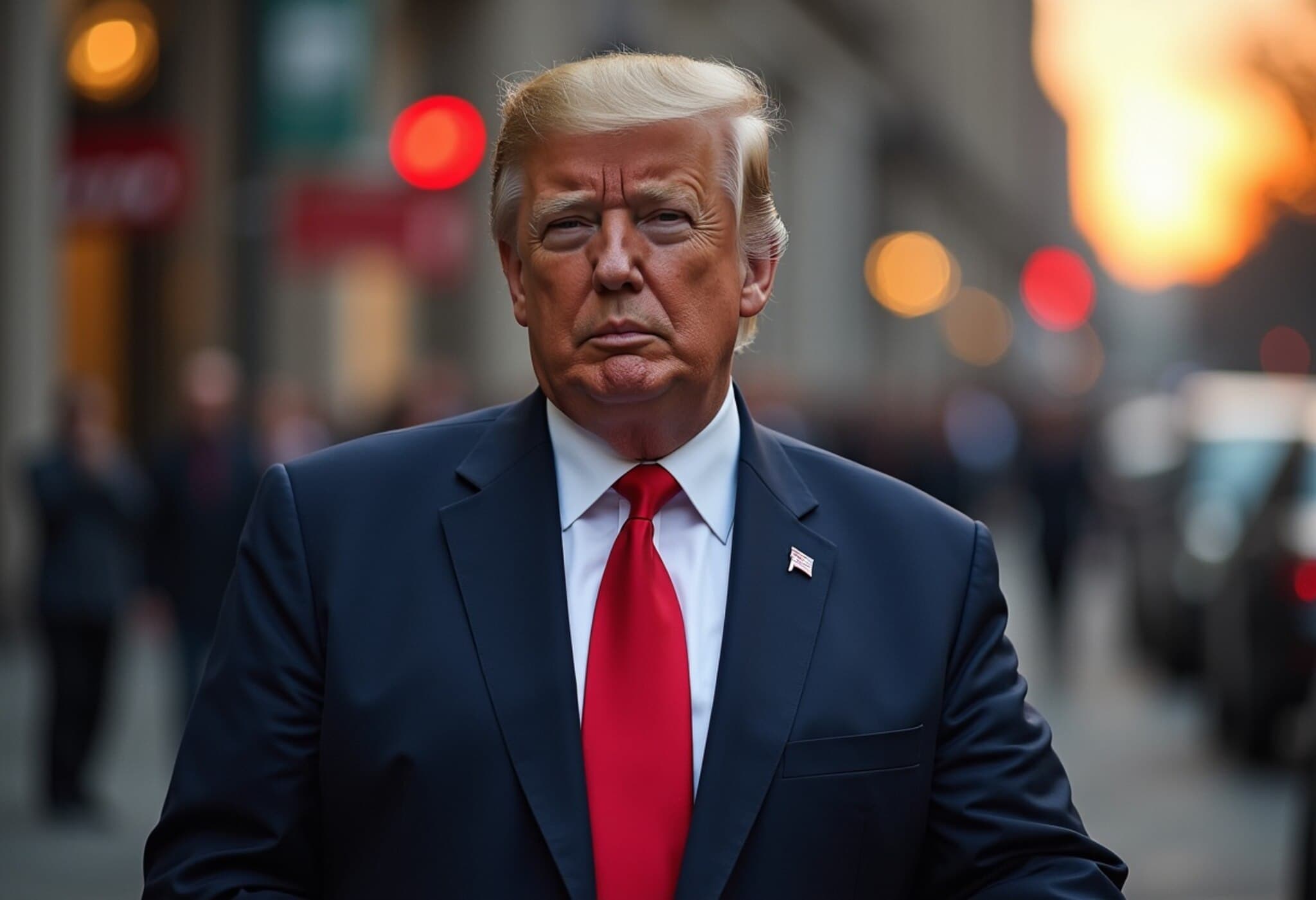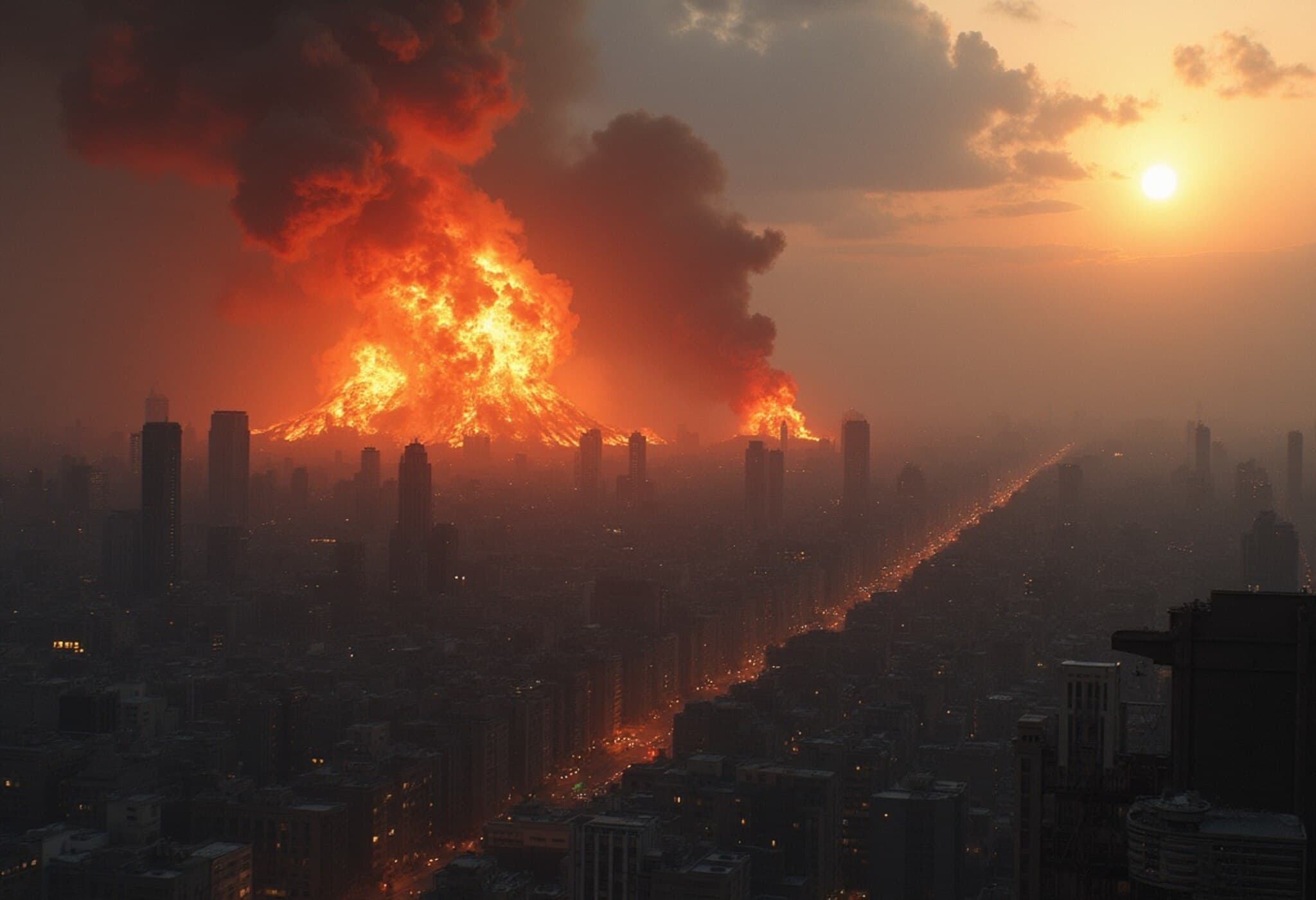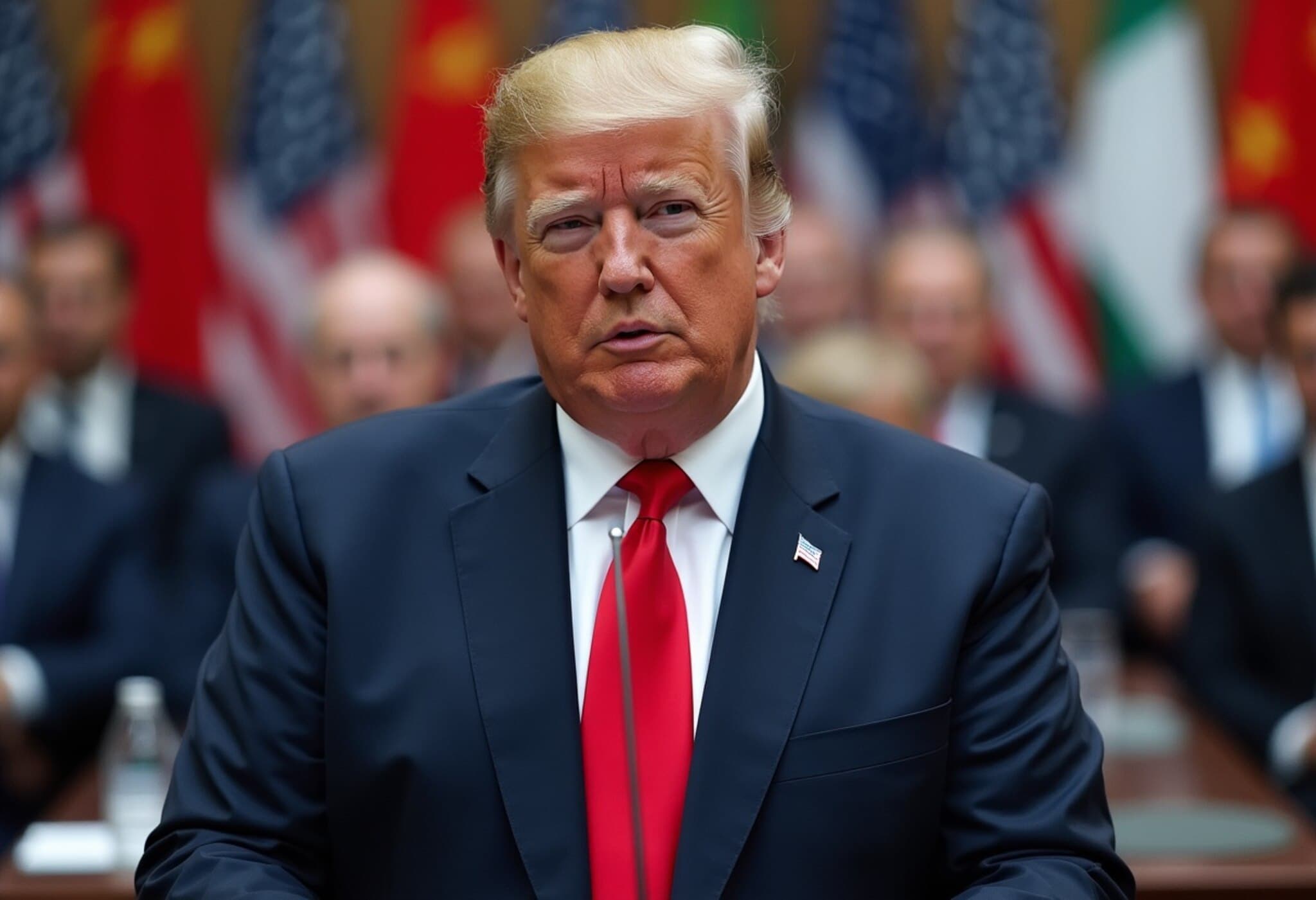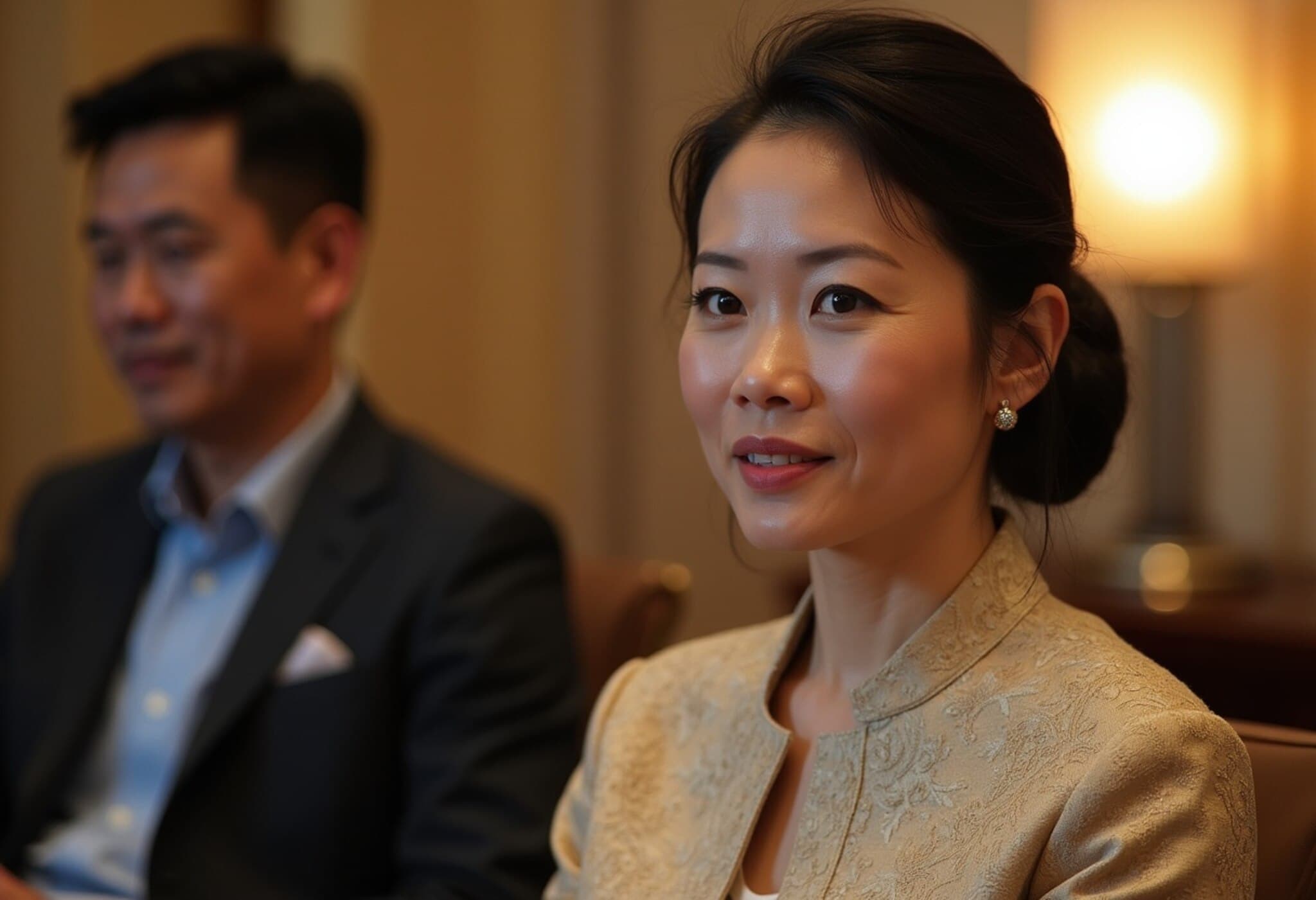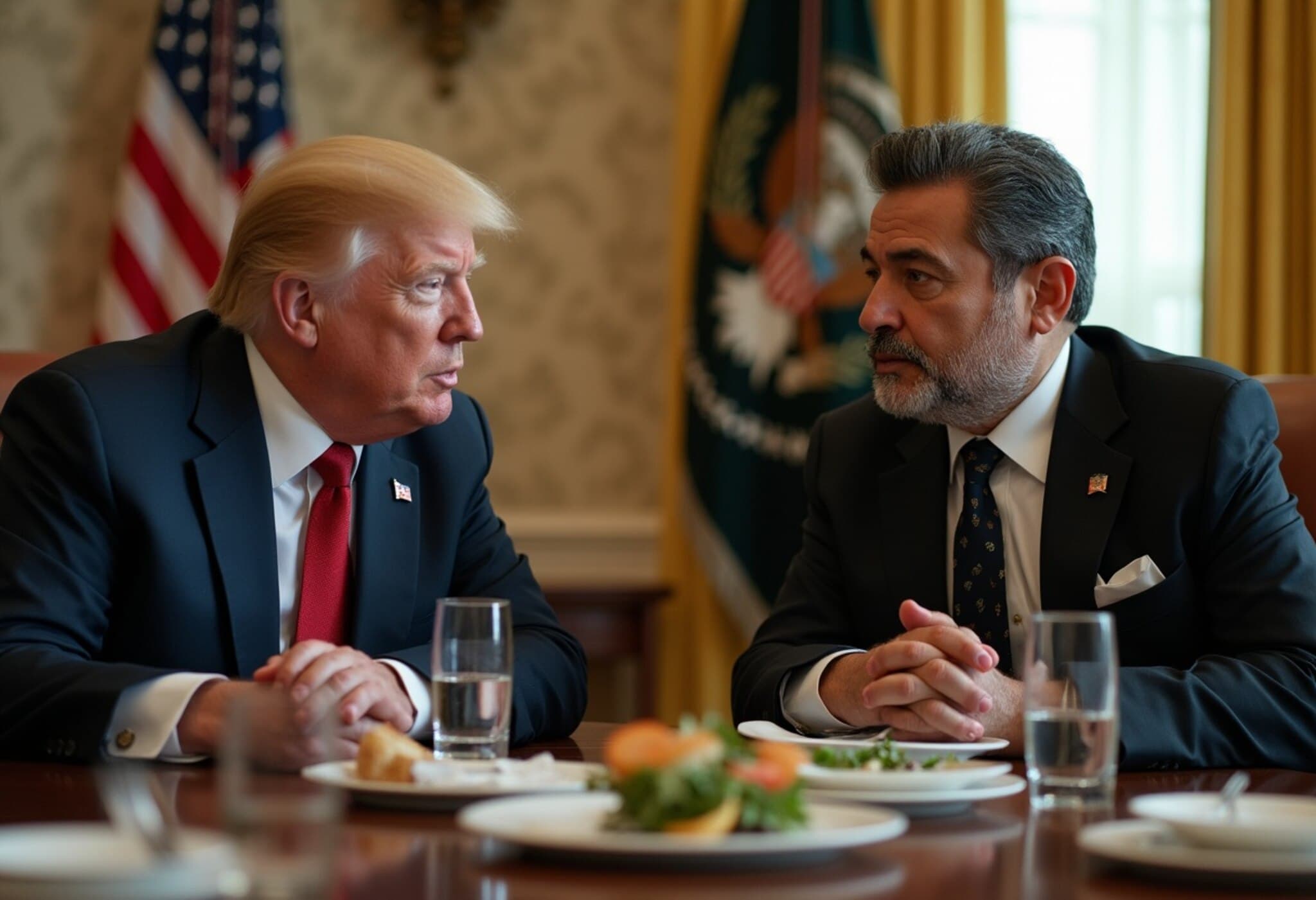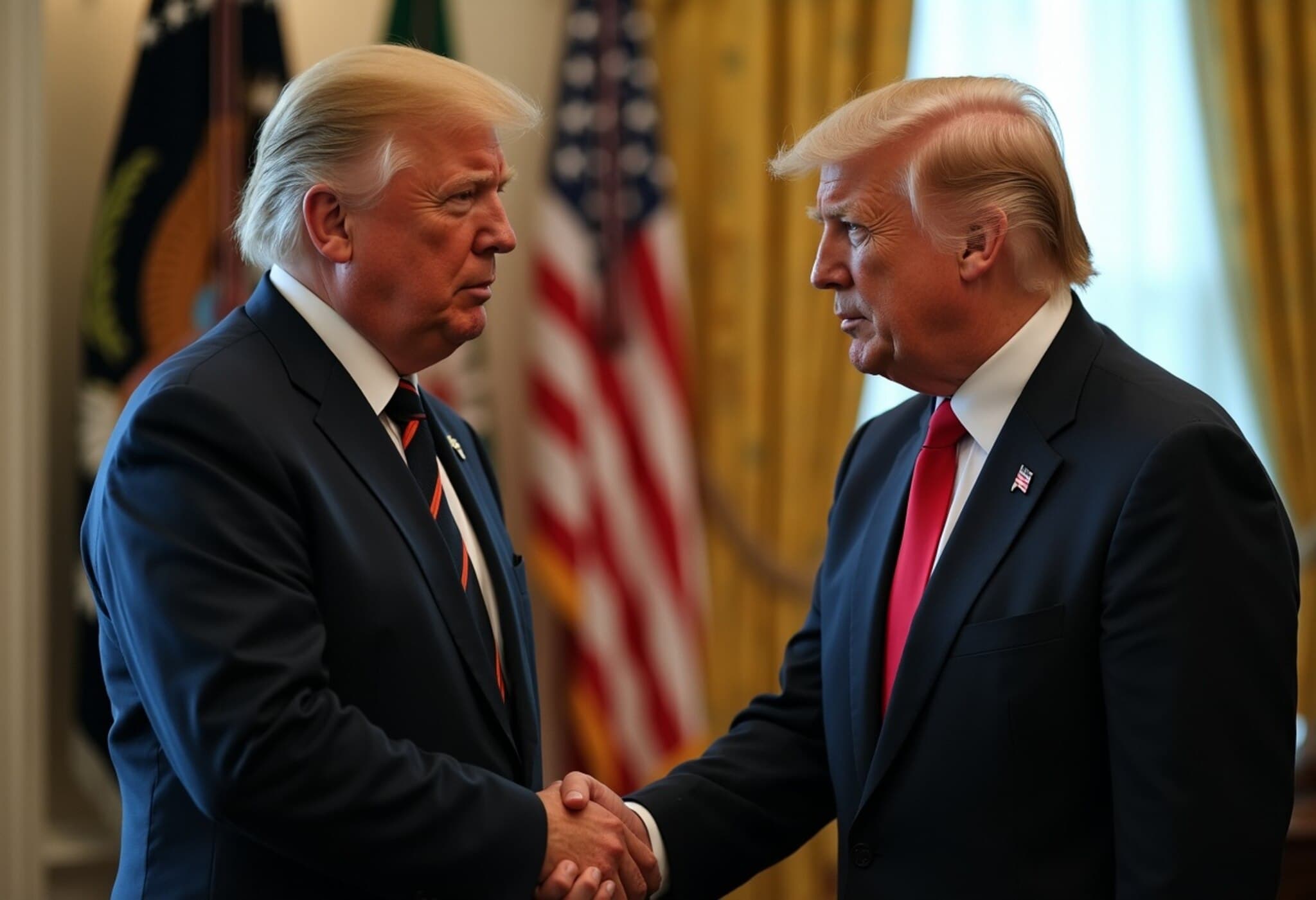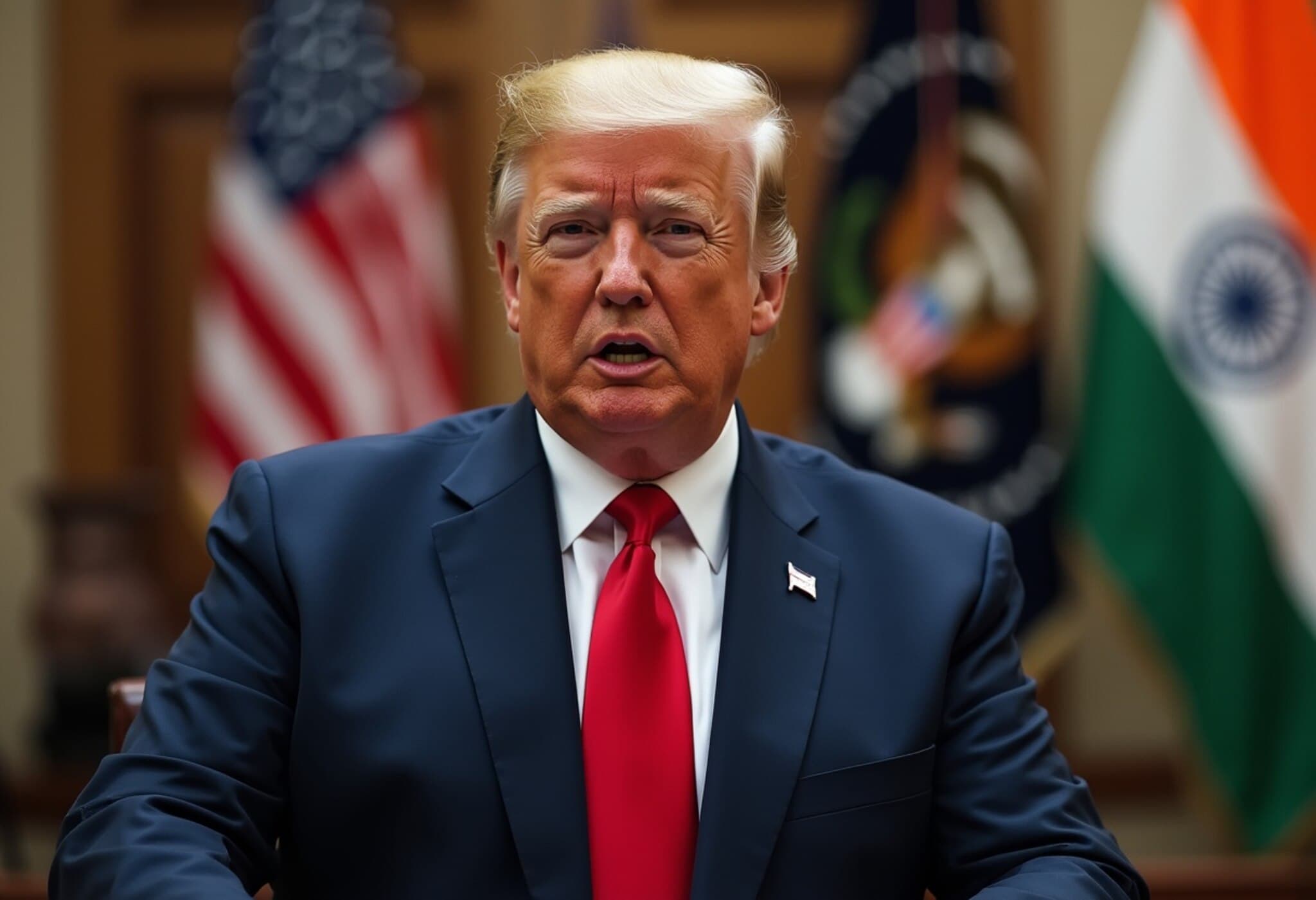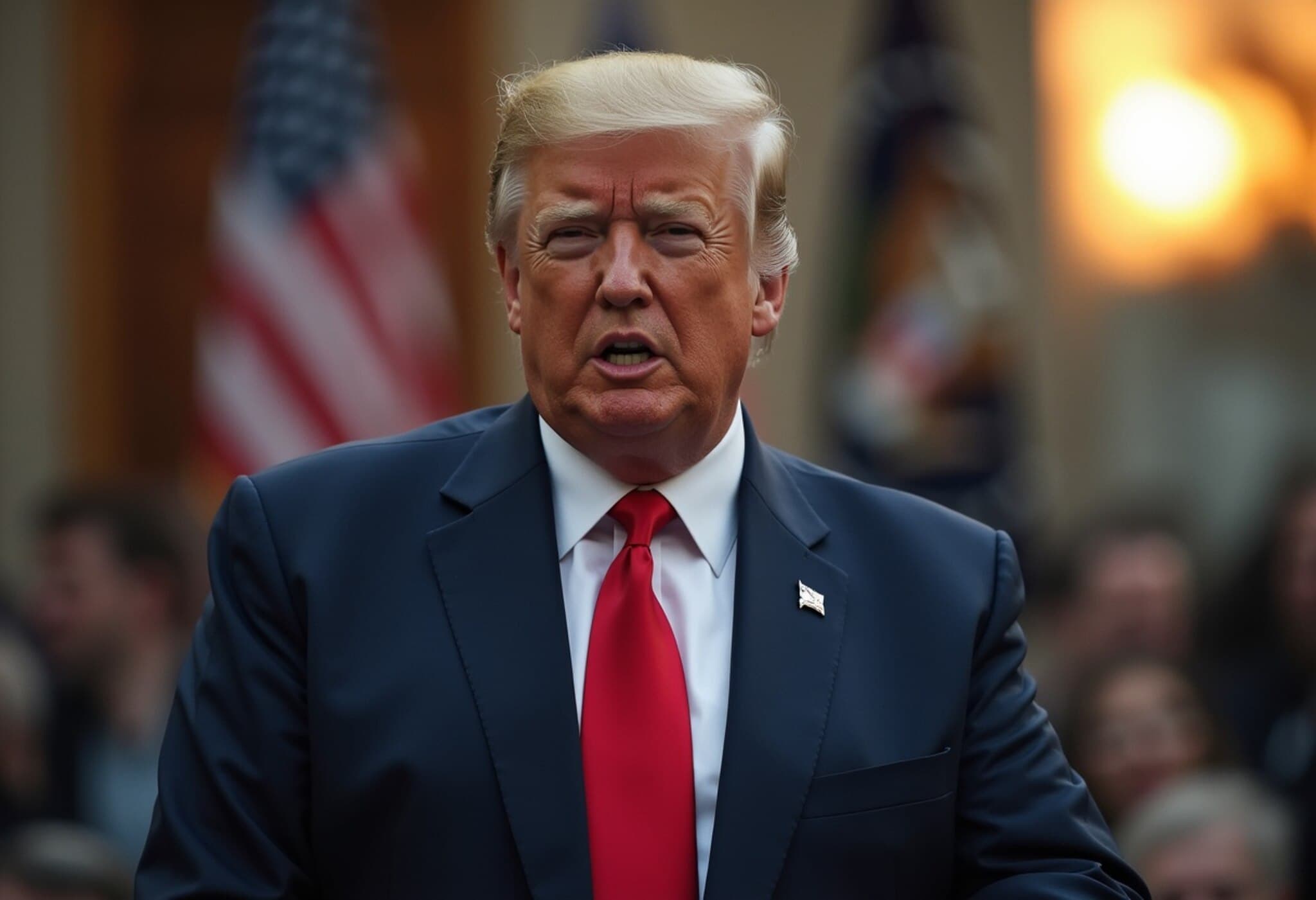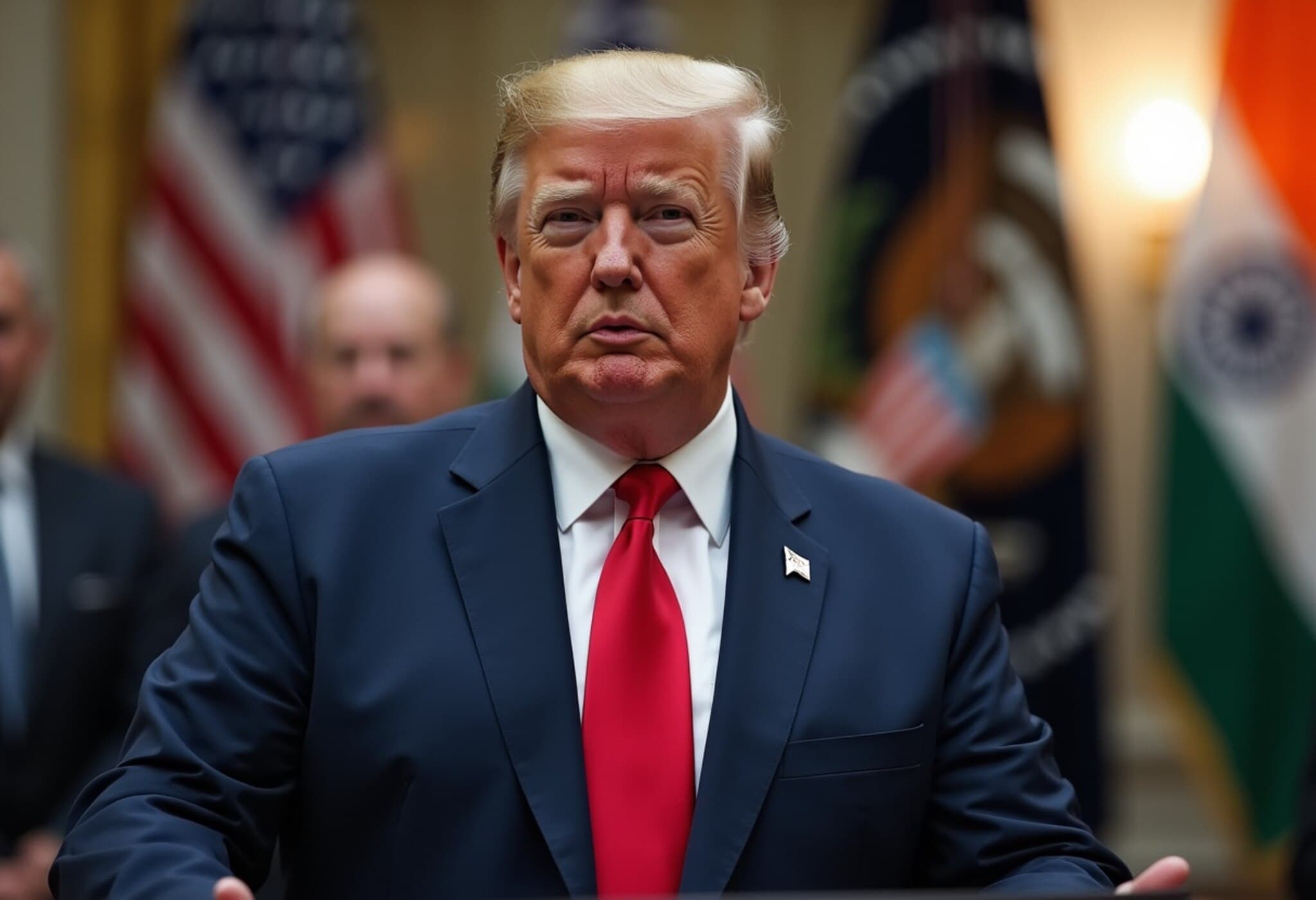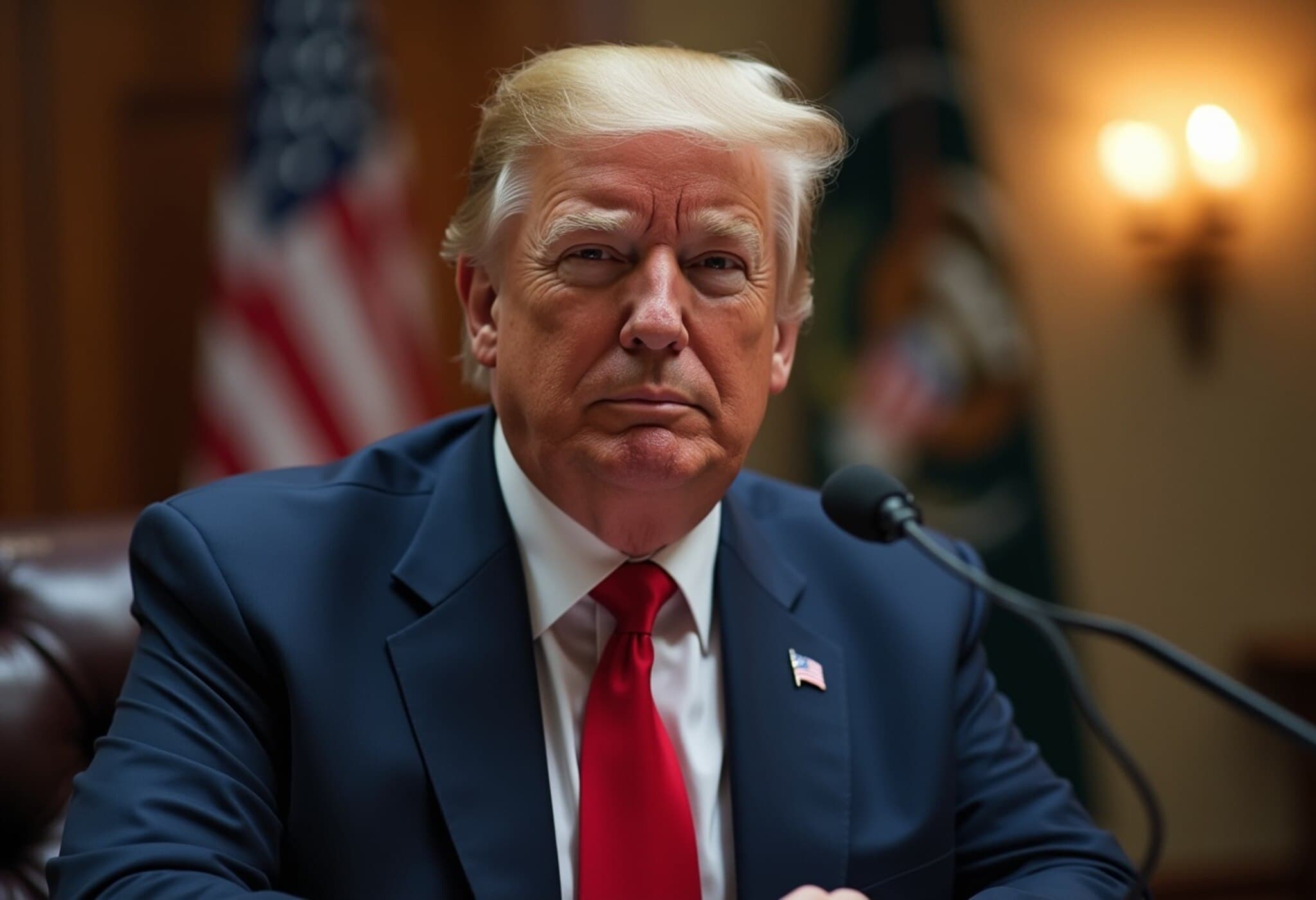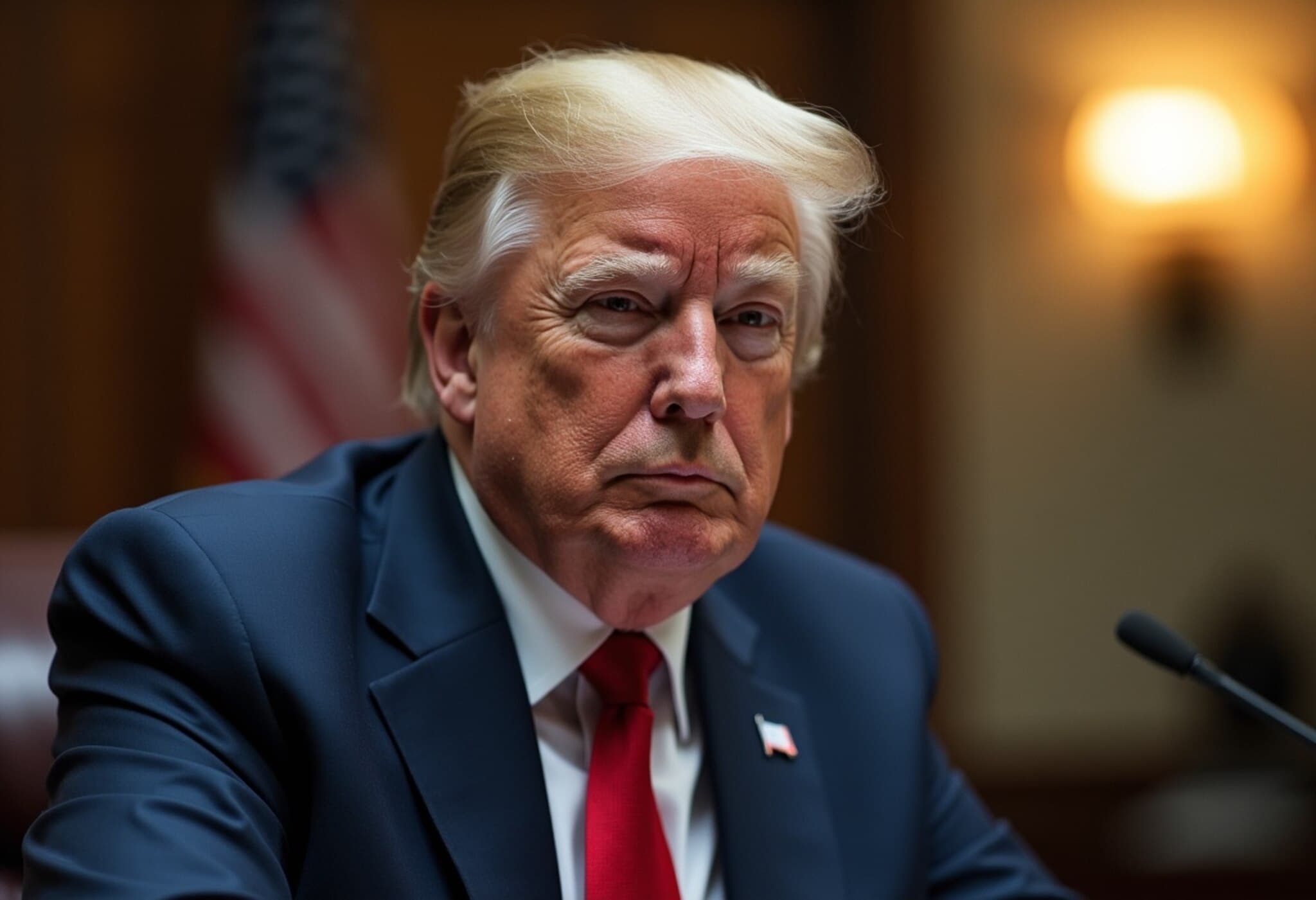Pakistan Army Chief Asim Munir Backs Trump for Nobel Peace Prize
In a notable development, Pakistan’s Army Chief General Asim Munir has proposed former US President Donald Trump for the Nobel Peace Prize, crediting him with helping to avert a potentially catastrophic nuclear conflict between India and Pakistan last month. This announcement was confirmed by a White House spokeswoman, who highlighted Mr. Munir’s visit to the White House following his recommendation.
Trump's Role in Preventing Nuclear Escalation
During the meeting, General Munir reportedly made a case for Mr. Trump’s nomination, emphasizing the role the former president played in de-escalating tensions after a series of hostile exchanges between the two nuclear-armed neighbors. The Nobel Peace Prize traditionally recognizes contributions toward arms control, peace negotiations, democracy, human rights, and global peace efforts.
Contrasting Perspectives on US Involvement
While the White House underlined the US’s role in stabilizing the situation, India has repeatedly denied any American mediation in ending the conflict. Following a terror attack in Pahalgam on April 22, which intensified tensions, India asserts that it independently chose to stop military hostilities, dismissing claims of third-party intervention. Indian officials also noted that Pakistan’s Director General of Military Operations reached out on May 10 after intense cross-border skirmishes, leading to a mutual understanding to cease hostilities.
Recent Talks Between Trump and Modi
Earlier this week, Mr. Modi engaged in direct discussions with Mr. Trump, focusing primarily on Operation Sindoor—a key military engagement. Both leaders clarified that trade negotiations or US-mediated peace talks between India and Pakistan were not on the agenda. Despite this, Mr. Trump publicly claimed credit for halting the conflict, praising leaders from both India and Pakistan for their roles.
"I stopped the war between Pakistan—I love Pakistan—I think Modi is a fantastic man. I spoke to him last night. We’re going to make a trade deal with India... They were going at it, they are both nuclear countries. I got it stopped," Mr. Trump stated.
The former president also expressed frustration over the media’s limited coverage of his efforts, insisting that the public recognizes his role.
Trump’s Broader Vision for Middle East Peace
Reiterating his peace-making ambitions, Mr. Trump recently suggested that Iran and Israel could similarly reach an agreement, drawing parallels to the India-Pakistan truce he claims to have facilitated. He emphasized the power of trade and diplomatic engagement in fostering stability between rival nations.
Background: The India-Pakistan Tensions
- April 22, 2025: Terror attack in Pahalgam escalated India-Pakistan hostilities.
- Early May 2025: Intense cross-border drone and missile strikes between the two countries.
- May 10, 2025: Pakistan’s military leadership reached out, leading to a ceasefire agreement.
Both India and Pakistan have nuclear capabilities, making the conflict particularly dangerous and emphasizing the urgent need for peaceful resolutions.
Looking Ahead
As Pakistan’s military chief seeks global recognition for Mr. Trump’s role in peace efforts, debates continue about the extent of US involvement and credit for the fragile truce. Nonetheless, the current pause in hostilities marks a hopeful moment amidst a long history of conflict between these neighbors.

